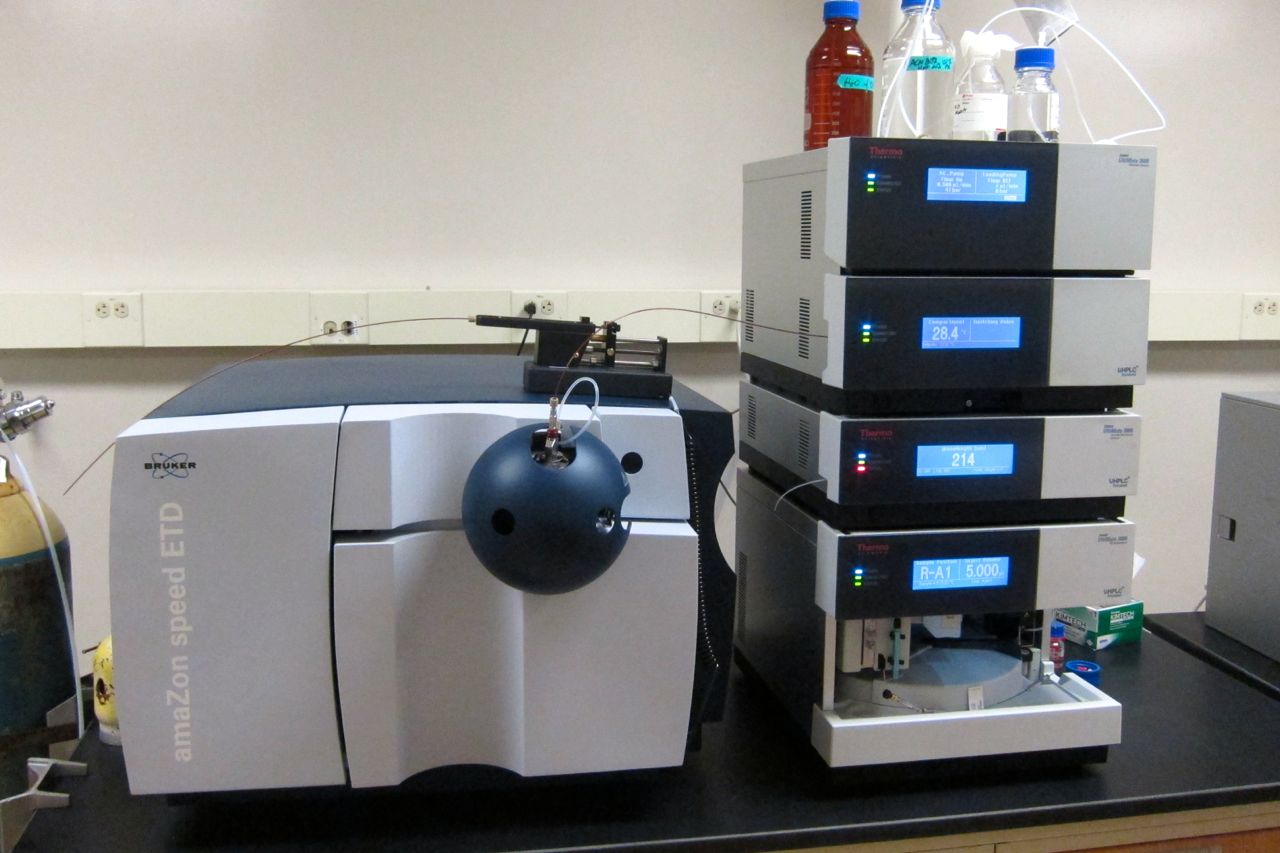The process through which novel candidate pharmaceuticals are identified in medicine, biotechnology, and pharmacology is known as drug discovery.
DRUG SCREENING
Before choosing a viable drug for clinical testing, prospective pharmaceuticals are evaluated and refined through the drug screening process. High-throughput screening protocols may screen sizable chemical libraries for a specific biological function. As a result, modern drug development is typically costly, taking significant investments from national and pharmaceutical sector firms.
DRUG DELIVERY
To achieve a curative result, drug delivery refers to the strategy and procedure used to transport pharmaceuticals, medicines, and other foreign substances to the targeted site within an organism. Through various adjuvants, drug carriers, and medical devices of lc-ms analysis, drug delivery seeks to change a medication’s pharmacokinetics and selectivity.
DRUG SAFETY
Drug administration’s possible negative consequences are referred to as drug safety. The process of determining a medication’s safety profile starts early on with in vitro and in vivo toxicity research, continues through clinical trials leading up to drug approval, and continues after authorization with targeted post-marketing studies or more comprehensive prevention and control initiatives and also answers what is lcms
COMMERCIAL TACTICS FOR DRUG DEVELOPMENT
INTELLECTUAL PROPERTY
Patents and other forms of intellectual property (IP) grant individuals the lawful right to access the results of their original works exclusively. For instance, a drug patent might grant its owner the right to commercialize the medicine alone for a predetermined amount of time in return for comprehensive public disclosure of the drug’s features for lc ms bioanalysis, such as its chemical composition.
LICENSING
The monetization of intellectual property, such as patents on products or innovations, frequently uses licensing. The right to use the intellectual property is granted by the holder of the intellectual property to the licensee, frequently in exchange for a fee or royalty.
Must Read: Future Trends and Challenges in the Field of Biochemical Assays
MARKET ANALYSIS
Market analysis is to comprehend trade patterns to guide corporate strategies. Pharmaceutical corporations, for instance, employ assessments of the present and prospective future markets for pharmaceuticals to treat specific diseases when deciding where to spend on drug research and development.
LC-MS ANALYSIS AND ITS ROLE
Liquid chromatography and mass spectrometry (LC-MS) is a potent instrument with several uses due to its selectivity, low sample volume constraints, sensitivity, and efficiency.
The analytical method of liquid chromatography is used to isolate the target analyte from the mixture.
To effectively separate molecules of interest, liquid chromatography employs a liquid as the mobile phase and a solid as the stationary phase.
Mass spectroscopy is performed to determine the molecular mass of the sample of interest. By measuring the mass to charge ratio of its ion, it may measure the mass of the sample molecule.
As an adjunct method to well-established clinical research, liquid chromatography coupled with tandem mass spectrometry (LC/MS/MS) technologies is emerging. Clinical diagnostic laboratories that regularly undertake analysis benefit greatly from the high throughput and specificity of LC/MS/MS and liquid chromatography mass spectrometry
In summary
It can be said that LC-MS has the great potential to find and create innovative therapy possibilities for various diseases. It is a powerful method for measuring, revealing the structure of, and identifying medicines, metabolites, or biomarkers even though it has several drawbacks, such as costly operations, difficult operations, and specific training needed for operation.
